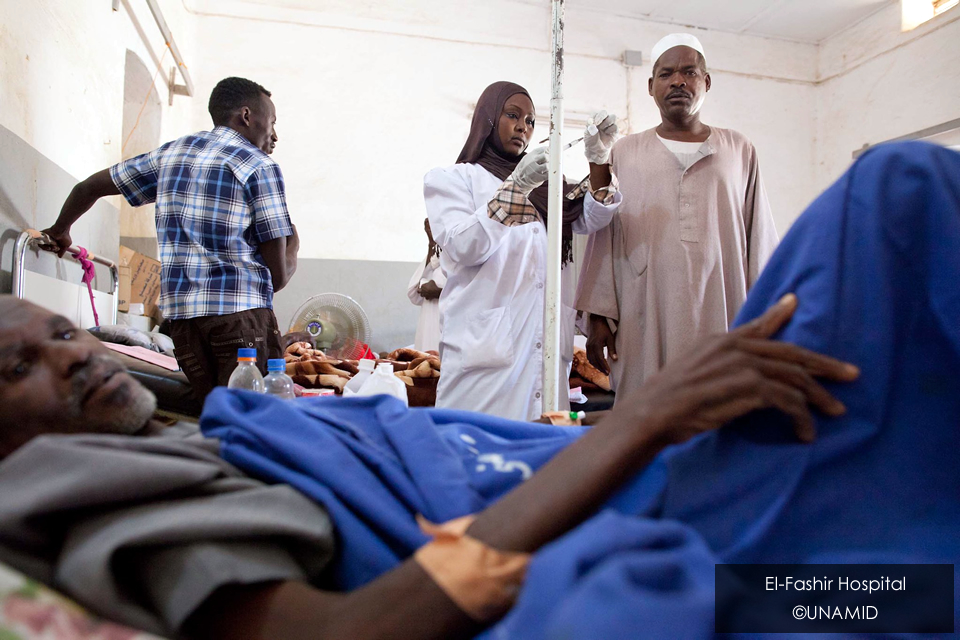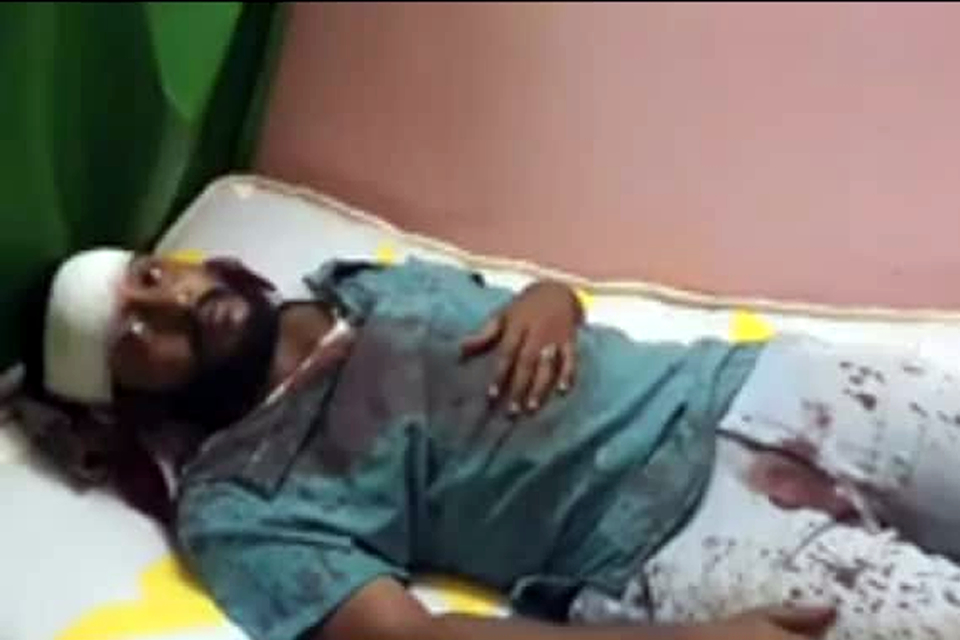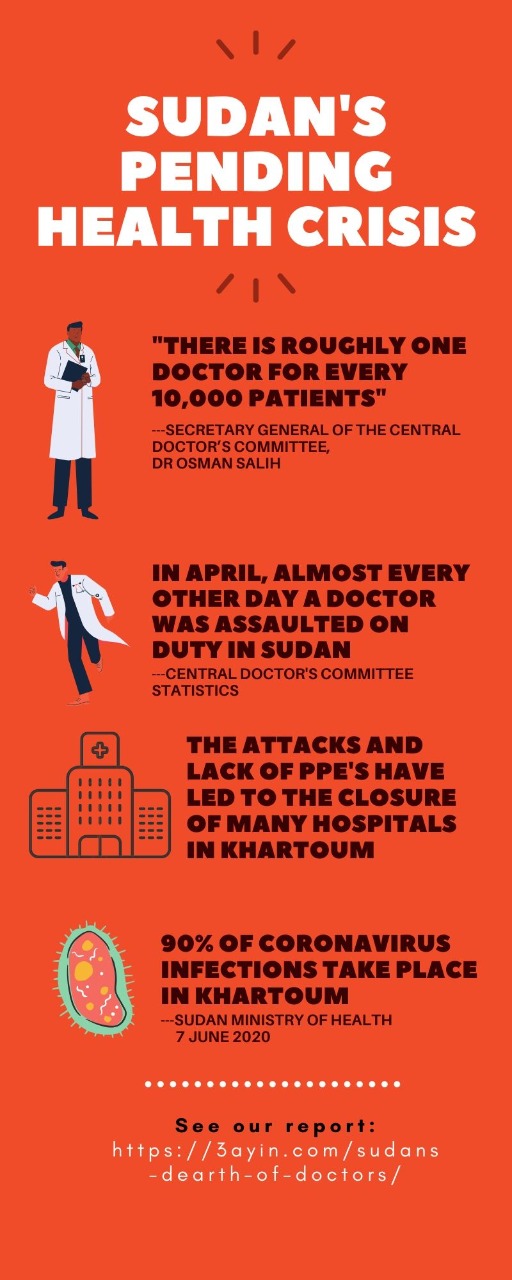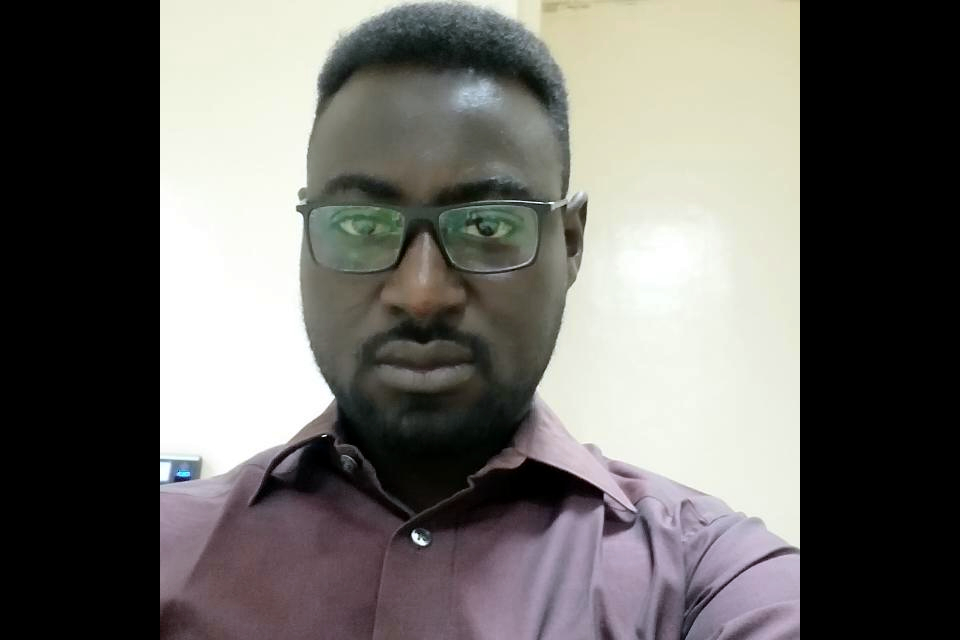Sudan’s Dearth of Doctors
Medical personnel quit during a pandemic due to assaults and limited equipment

Doctors are celebrating a small victory in Sudan after the government issued a law last week that will protect healthcare workers in the country. The Central Committee of Sudanese Doctors, a civil society group pivotal in the revolution that ousted former president Omar al-Bashir, said attacks on medical teams by security forces and civilians had become a common phenomenon, especially in emergency units when security of health personnel is paramount.
“There is a lack of everything in the Sudanese healthcare system, and the availability of medical teams is the worst area, as we have only about one doctor for every 10,000 patients.” – Secretary General of the Central Doctor’s Committee, Dr Osman Salih
Public attacks against doctors are commonplace in Sudan. In some months, attacks against doctors took place almost every other day. The Committee documented at least 14 cases of attacks against doctors in April alone.
Hundreds of doctors have temporarily left their positions either due to these attacks or in protest over a lack of adequate personal protection equipment to handle COVID-19 cases, according to the committee’s secretary-general Omer Ahmed Salih.
“The result of these attacks is the numbers of hospital that deal with Coronavirus infection cases have reduced, says Central Doctor’s Committee member Mossab Ajab . “Attacks on hospital [workers] forces hospitals to pull out services.”

More assaults, less treatment
Authorities and civilians evaded a near medical catastrophe in late May after the Doctor’s Union agreed to call off a 72 hour strike if no serious steps were taken by the government to protect medical cadres. Fortunately, the Sovereign Council and Council of Ministries passed the legislation to protect medical workers after the Eid el-Fitr holiday, sparing the country from a three-day healthcare deadlock amidst the pandemic.
It was the mass attack against doctors at Omdurman Hospital on 20 May that triggered the strike ultimatum, Ajab said. After a man succumbed to a knife wound, the patient’s family started a massive assault against the medical staff, according to Dr M. Ahmed, one of the victims of the attack. “The family of the deceased followed us [medical staff] and more than ten of them beat us and tore our clothes,” Dr Ahmed said. “After that they followed us again to the security office, beat the security guards and attacked us using bricks. There were more than 30 persons at this time.”

Dr Hassan Akkar, director of the hospital’s accident department, warned that more cases like this assault would lead to the collapse of the health system. “Sudanese people will not find any doctor to treat them.”
Earlier in April, the medical director for Jebel Aulia Hospital in the capital, Khartoum, had to close after its entire team of doctors went on strike following a confrontation. Police were the agitators in this case –refusing to evacuate the hospital after doctors suspected a case of coronavirus was at large within the hospital premises. One doctor was severely beaten. According to Awad, the strike in April had severe repercussions since the hospital serves thousands of people in Khartoum and White Nile State. The head of the police media office, Captain Hamza Alnour, described the incident as an isolated case under investigation.
Khartoum staff shortages have led many, if not most, hospitals to shut down. This takes place at a time where roughly 90% of confirmed Coronavirus infections (5,618 out of 6,242 in total) are cited within the capital, the Health Ministry reported on Sunday.
According to government spokesperson Faisal Mohamed Saleh the dearth of doctors is a long-term issue since there have been few appointments of medical staff for the past 15 years. While cash-strapped, the government started appealing for more medical staff last month for Khartoum State, calling for specialists and nurses to work in isolation centres in five separate locations, offering relatively high financial allocations to fill these posts.
But the assaults and shortage of doctors are not only taking place in Khartoum. In April 41 doctors left Al-Daein Hospital in the capital of East Darfur State to protest repeated attacks by security forces. Medical support for nine localities was essentially put on standstill.
“Our last protest was a result of an attack on doctors in the hospital after we admitted four patients with gun wounds,” said Dr Hussain Osman. The medical team were unable to save all of the wounded patients. “After one doctor treated the wounds, the assailant attacked him and made it visibly clear that he was carrying a gun […] he even attacked a police officer at the hospital.” Often the relatives or friends of patients expect the doctors to perform ‘miracles’ despite a severe lack of medical supplies. “The hospital in El Daein lacks even the most basic ingredients,” Dr Osman told Ayin, “the power goes off and everything is halted.”
Violence around medical centres occurs across the country, including international medical operations. In mid-May a violent incursion between two elements of Sudan’s security forces took place within the medical facility of the international charity Médecins Sans Frontières (MSF) in Rokero, Central Darfur State. Gunshots were fired and a nurse was caught in the crossfire, according to the charity’s head of mission, Julia Paulsson. “We are saddened by the incident and demand the government and entities involved to guarantee the safety of staff and patients in order for our services to continue,” Paulsson said in a statement. “MSF remains committed to continue delivering lifesaving medical assistance to the people of Rokero and Central Darfur, but there needs to be assurances that these unacceptable situations won’t be repeated.”

Why maul the medic?
Several medical professionals told Ayin the public often blame doctors for any medical failures, not appreciating the fact that Sudan’s medical teams often work with very limited resources whereby the chances of recovery remain slim. “Hospitals are not equipped properly, there is almost a lack of everything: lifesaving drugs, medical devices and staff,” Dr Hameda Zakria Omer from the Police Hospital in Khartoum said. “Then the relatives or colleagues to patients blame it all on doctors and attack them if their patient did not receive proper care. Often emergency cases are brought in at the very last moment as well, where recovery is unlikely.”
But there are other factors, says Dr Ibrahim Adam Osman, the Medical Director of El Geneina Isolation Centre for COVID-19 patients. “Most of the assaults come from people with military backgrounds who are accustomed to immunity for any violent behaviour,” Adam said. This coupled with poor protection and communication between healthcare providers and the public triggers a litany of abuse, he added.
Members of the Central Committee also suspect patients aligned to the former regime and the military may also harbour grudges against doctors and target them for their key role in the revolution. One member, Dr Louay al-Reeh, told Ayin that the constant attacks on medical personnel in hospitals may be an intentional ploy by the former regime to ensure the transitional government fails in providing health services. The recent attack on Omdurman Hospital, al-Reeh says, is indicative of this since many of the aggressors were not relatives or associates of the patient.

No protection, no service
Physical assault is not the only factor inducing medical staff shortages –others are infected or fear exposure to the Coronavirus due to poor protective equipment and procedures, Dr Adam said. “Doctors and other healthcare providers are working in emergency departments without enough protection – that is why many of them are getting infected with the virus, leaving the work places to go into isolation, which subsequently leads to more staff shortages.” On 11 May, nurses in 30 hospitals across Sudan laid down their tools for 24 hours, demanding that Personal Protective Equipment (PPE) be provided. A few days later in the month, medical staff from the isolation centre at Khartoum Teaching Hospital went on a temporary strike with similar demands for.
“There is no PPE for all medical staff in almost all hospitals, except for those working in emergency departments, all others deal with patients only with surgical masks, including those working in the high-risk ICU (Intensive Care Unit),” Dr Hameda Zakria said.
Medical teams fear of infection are not unwarranted.
Last month, the South Darfur State Health Ministry announced that 10 doctors were infected with the virus, including the director of Nyala Teaching Hospital and the director-general of health in the state.
Central Committee Doctors agree that the greatest medical challenge they are currently facing may not be the Coronavirus as such, but the lack of medical staff available in hospitals across the country. Dr Hameda Zakria told Ayin she has never witnessed such a gap in medical professionals in Khartoum. “If this continues, this will eventually lead to the whole health system collapsing.” According to the Committee’s Secretary General, Dr Osman Salih, the new government has already inherited a broken healthcare system, including poor infrastructure and staff shortages. “There is a lack of everything in the Sudanese healthcare system, and the availability of medical teams is the worst area, as we have only about one doctor for every 10,000 patients.”
Legal protection against assaults may be the first vital step. But adequate medical equipment, including personal protective gear for medical staff contending with the pandemic, must be the second, immediate step, doctors told Ayin. With high mortality rates emanating from other diseases along with COVID-19, Dr Salih believes Sudan is facing one of its greatest medical challenges in history and requires the medical community to manage their limited resources well to pass this difficult period.

